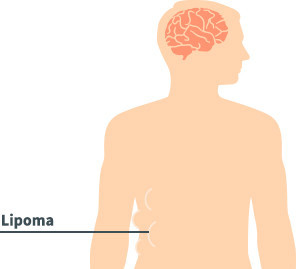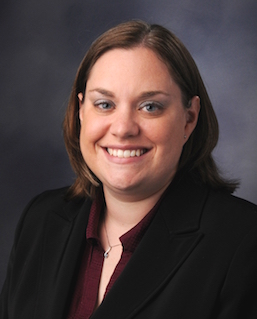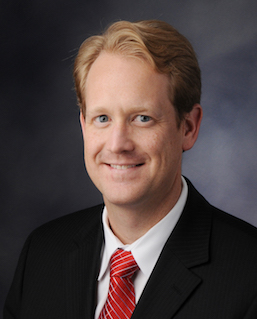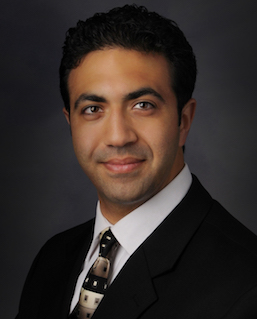About The Condition
 Soft tissue masses can grow in the muscle, fat, joints, nerves, tendons, cartilage and blood vessels. There are several types of soft tissue masses:
Soft tissue masses can grow in the muscle, fat, joints, nerves, tendons, cartilage and blood vessels. There are several types of soft tissue masses:
Cyst. A cyst is a sac filled with fluid, air or other material. Cysts can range from small bumps that form just beneath the skin to larger, more serious cysts like ovarian cysts. Most cysts are not cancerous, but most cancers can produce cysts.
Lipoma. Lipomas are fatty lumps between your skin and your muscle layer. They are not cancer and usually are harmless, unless they are painful or growing.
Pilonidal Cyst. A pilonidal cyst is located at the base of your spine, or your tailbone, and is likely to become infected.
Soft tissue masses can often be observed, but if they appear to change, grow, have recurrent infections or cause discomfort, we recommend having them surgically removed.
Before Surgery
Before your surgery, you may be asked to:
- Stop smoking for one month prior to your surgery. Nicotine decreases blood flow, prevents healing after surgery and increases your risk of infection.
- Increase your activity. Aim for 30 minutes of walking or other aerobic activity daily to build strength.
- Improve your nutrition. Add protein supplements such as Boost or Ensure to help your body heal after surgery.
Please ask your physician about any additional steps you should take before your surgery.
Surgery
Our surgeons perform open surgery, as well as minimally invasive surgeries, for soft tissue masses. Your surgeon will explain your particular procedure in more detail.
Minimally invasive surgery. Minimally invasive surgery is performed with laparoscopy or robot-assisted surgery using the da Vinci Surgical System.
- Laparoscopic surgery. Laparoscopic surgery requires only a few small incisions into which your surgeon will fit long, thin surgical instruments and a tiny camera. The camera will provide images to guide the surgeon during the procedure.
- Robotic surgery. Some laparoscopic surgeries may be performed using the da Vinci Surgical System. This robotic option gives your surgeon a magnified 3D high-definition view inside your body. The system also enables the surgeon’s hand movements to be translated into precise movements of small instruments inside your body.
Open surgery. Minimally With open surgery, your physician will make an incision at the site of the abnormality large enough so he or she can see and touch your internal organs while operating.
After Surgery
- You will be encouraged to walk to prevent blood clots, muscle weakness and constipation.
- You may experience constipation. If so, you may take a laxative such as Miralax or Milk of Magnesia.
- Ice may help to reduce the swelling for the first 48 to 96 hours. Then use heat to ease muscle soreness and relax tight muscles.
- Ask your surgeon before taking ibuprofen. A small amount of bleeding or drainage is expected from the wound during the first one or two days.
- You may shower one or two days after surgery, but avoid baths, hot tubs, soaking or swimming for two weeks.
- Always talk to your surgeon about weight restrictions and return-to-work options.
- Most patients who have had laparoscopic or robotic surgery are discharged the day following surgery.
- You will be asked to see your surgeon in one to three weeks after surgery.
- If you notice a fever greater than 101 degrees Fahrenheit or drainage from your wound, let your surgeon know by calling 763.780.6699.
- You may be referred to an oncologist for follow-up after surgery.
If you have additional questions, please contact us at 763.780.6699.










